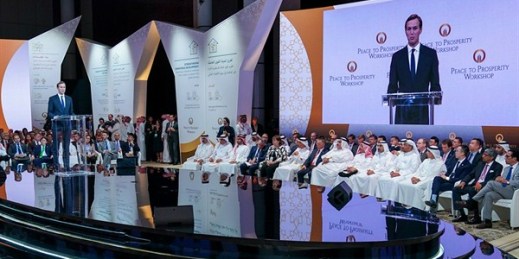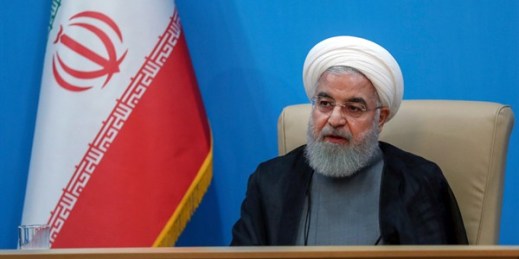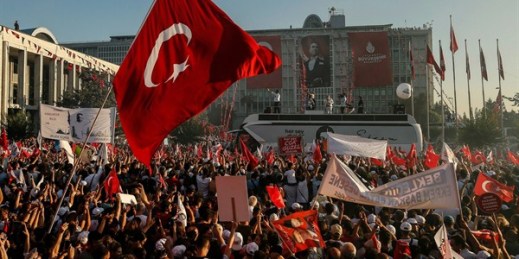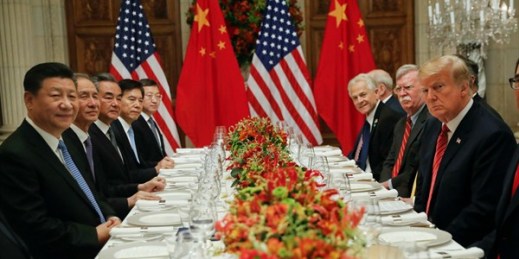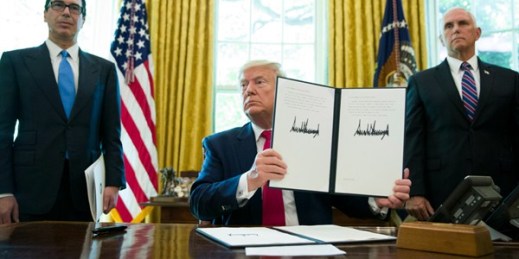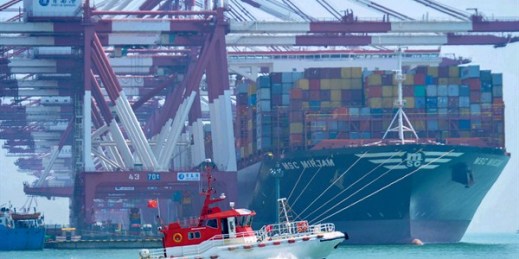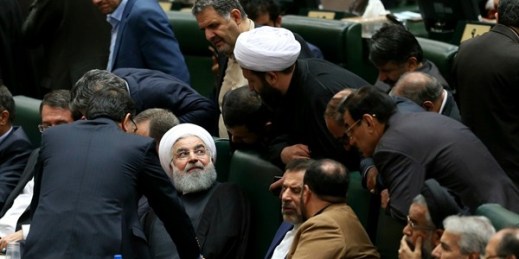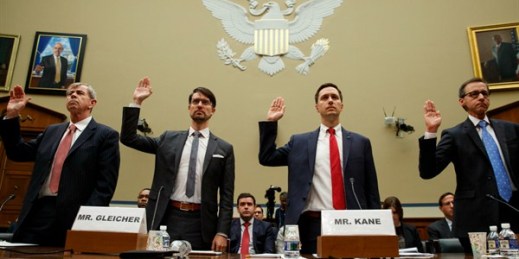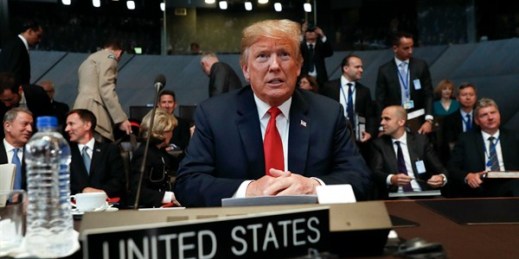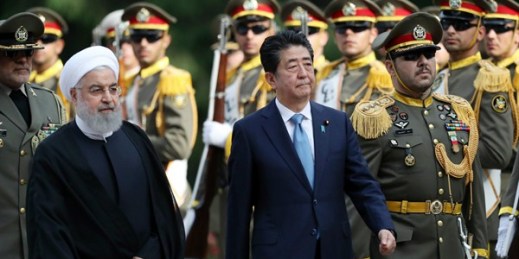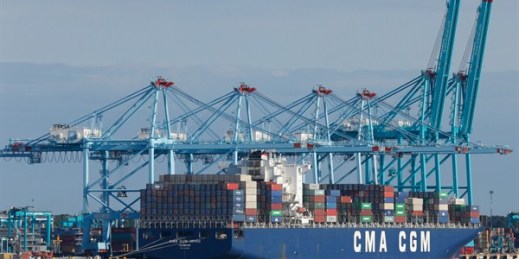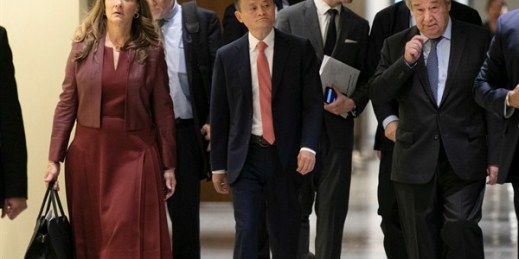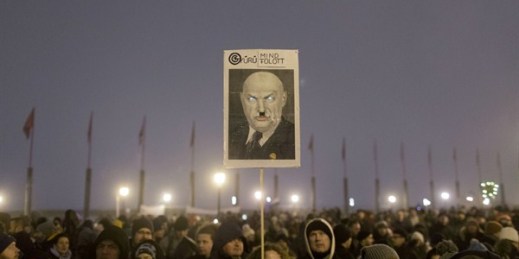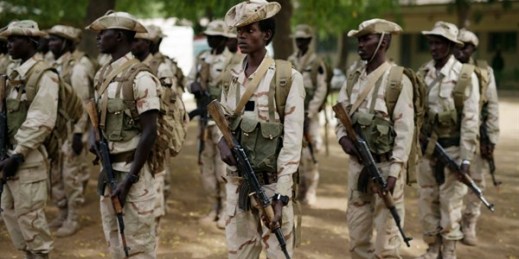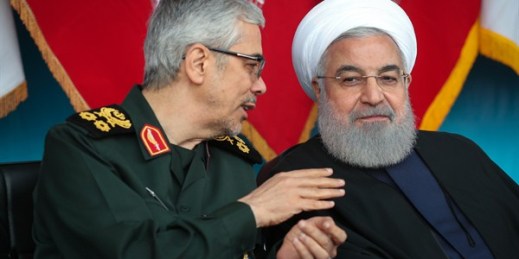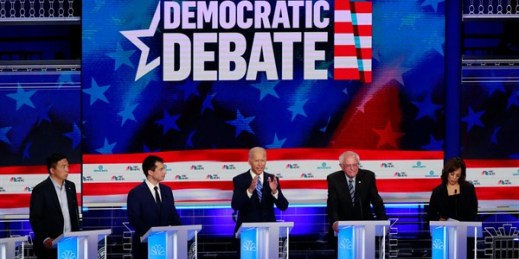
The Democratic Party held its first presidential primary debates this week. As expected, the candidates focused their attacks on President Donald Trump. One of the many contenders, Washington Gov. Jay Inslee, even said—to raucous applause in Miami—that Trump was “the biggest threat to the security of the United States.” In this week’s editors’ discussion on Trend Lines, WPR’s managing editor, Frederick Deknatel, and associate editor, Elliot Waldman, talk about how Trump’s divisive approach to foreign policy could play an outsized role in the Democratic primary and in next year’s presidential election. If you like what you hear on Trend Lines […]

